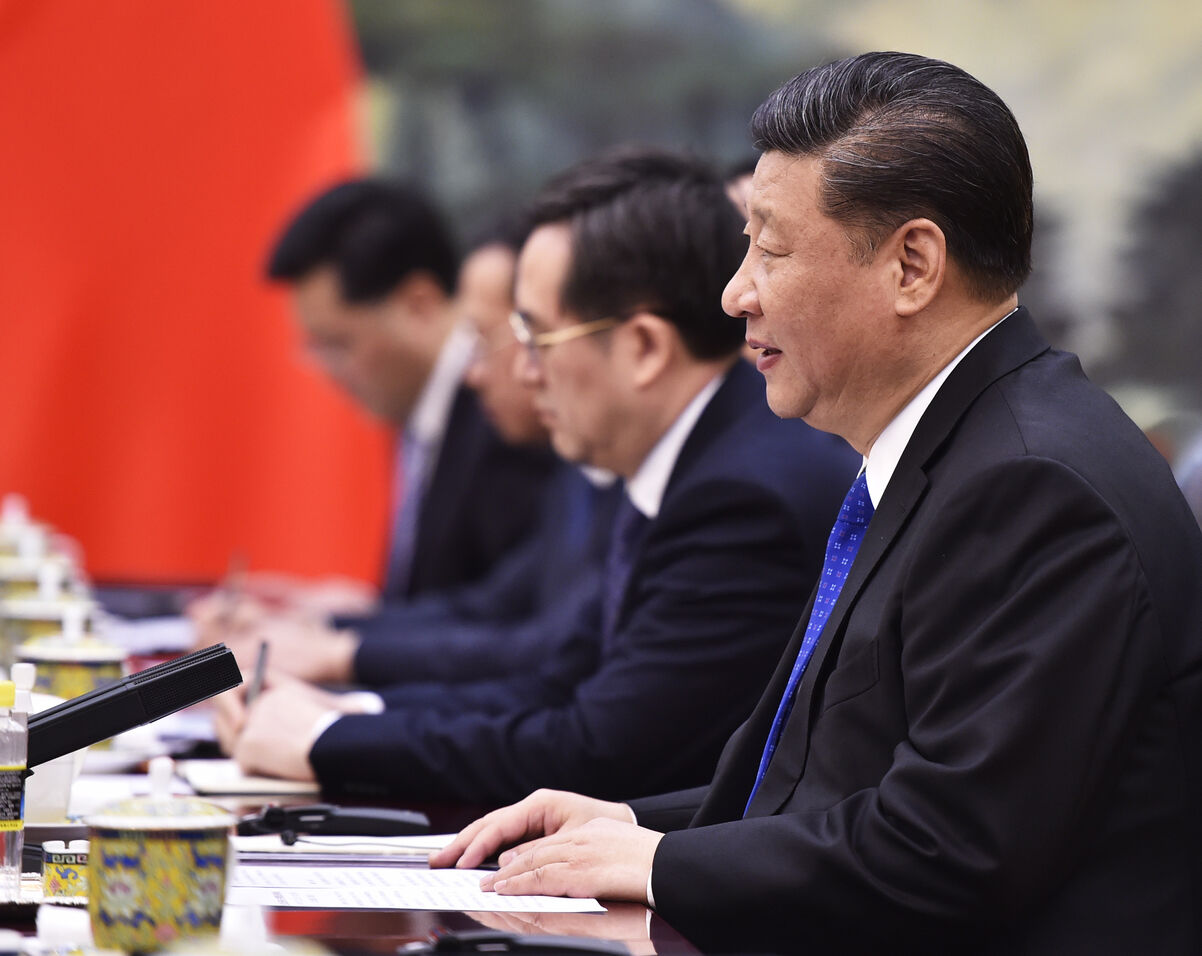China’s LGBTQ community scored a rare victory over the weekend’s when the country’s largest microblogging platform reversed its decision to ban queer content.
On Friday, Sina Weibo announced a three-month “clean-up campaign” targeting videos “with pornographic implications, promoting bloody violence, or related to homosexuality.” Often described as the Chinese equivalent of Twitter, the company claimed the decision was intended to “create a sunny and harmonious community environment” for its approximately 300 million users.
The declaration triggered major outcry among China’s LGBTQ communityestimated to be the largest in the world due to the nation’s massive population of 1.3 billion. A post announcing the move received 25,000 comments.
At the time the statement was posted, more than 50,000 posts had already been scrubbed from the site and 100 accounts had been deleted.
Users responded to the decision not by self-censoring the material they choose to post in fear it would be flagged by moderators but by airing even more queer-themed content. An estimated 170,000 people protested the move under the hashtags #IAmGay and #IAmNotAPervert, posting rainbow emojis and pictures of same-sex couples embracing.
One post from a parent whose child would have been impacted by the censorship campaign was liked more than 60,000 times.
“I am the mother of a gay son,” the user said. “My son and I love our country. No matter where we go we tell others loudly and proudly that we are from China. […] I suddenly [find] that in this strong country, Sina Weibo is discriminating against and attacking this sexual minority.”
“There can be no homosexuality under socialism?” another user wrote. “It is unbelievable that China progresses economically and militarily but returns to the feudal era in terms of ideas.”
The Chinese branch of PFLAG, which is based in Beijing, further fanned the flames of the boycott by urging Sina Weibo’s stockholders to dump the company in protest. Calling its actions “evil,” the LGBTQ advocacy group claimed it was time for business leaders to “[vote] with their feet.”
Sina Weibo, currently valued at $25 billion, reacted swiftly. At first, it reportedly tried to remove the posts but failed to keep pace with the flood of backlash.
By the weekend’s close, the company claimed its new clean-up campaign would “no longer apply to homosexual content.” In a public statement, Sina Weibo added: “We thank everyone for their discussion and suggestions.”
The victory is unprecedented for China’s LGBTQ community, which is often forced into the closet by conservative, traditional attitudes on homosexuality. Although sodomy was decriminalized in 1997, just five percent of queer and trans people say they are out to the public, while 15 percent are out to their families.
Conversion therapy, meanwhile, remains legal in China. LGBTQ people are frequently subjected to shock therapy in public hospitals in order to “cure” them of their sexual orientation or gender identity.
But Sina Weibo’s reversal could be a sign things are changing. Although political demonstrations are prohibited by the country’s repressive government, Shanghai’s vibrant queer community hosts a yearly Pride celebrationone that includes bike rides, dance parties, barbecues, and a film festival.
Advocates hope this weekend’s win is beginning of further progress. LGBTQ activist Xiaogang Wei claimed Sina Weibo’s decision simply “made no sense.”
“Why link homosexuality with other illegal activities?” he told CNN. “They targeted the entire LGBT community in that notice. We must pressure these companies and show them it’s not easy to discriminate against an entire communityno matter who orders them to do it.”
Don't forget to share:
Help make sure LGBTQ+ stories are being told...
We can't rely on mainstream media to tell our stories. That's why we don't lock our articles behind a paywall. Will you support our mission with a contribution today?
Cancel anytime · Proudly LGBTQ+ owned and operated
Read More in Impact
The Latest on INTO
Subscribe to get a twice-weekly dose of queer news, updates, and insights from the INTO team.
in Your Inbox













